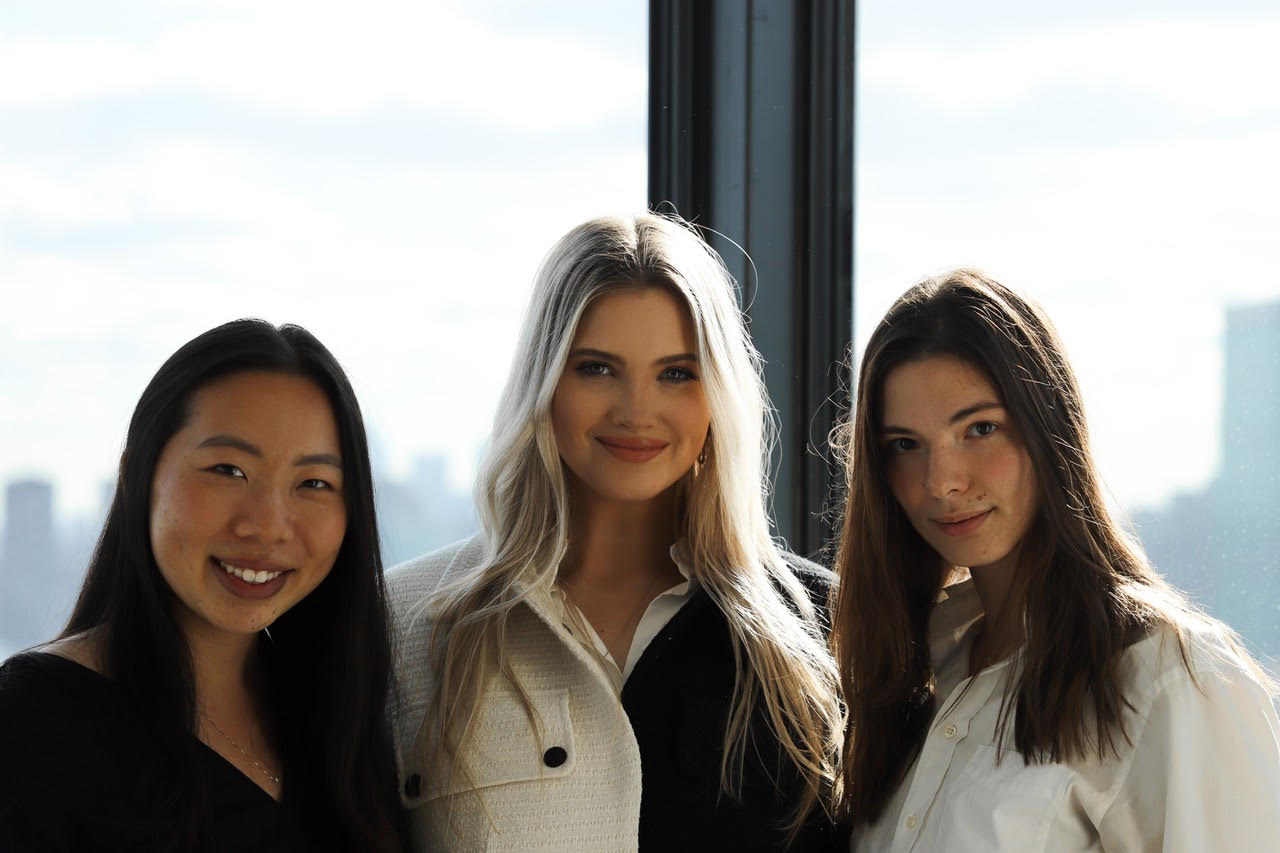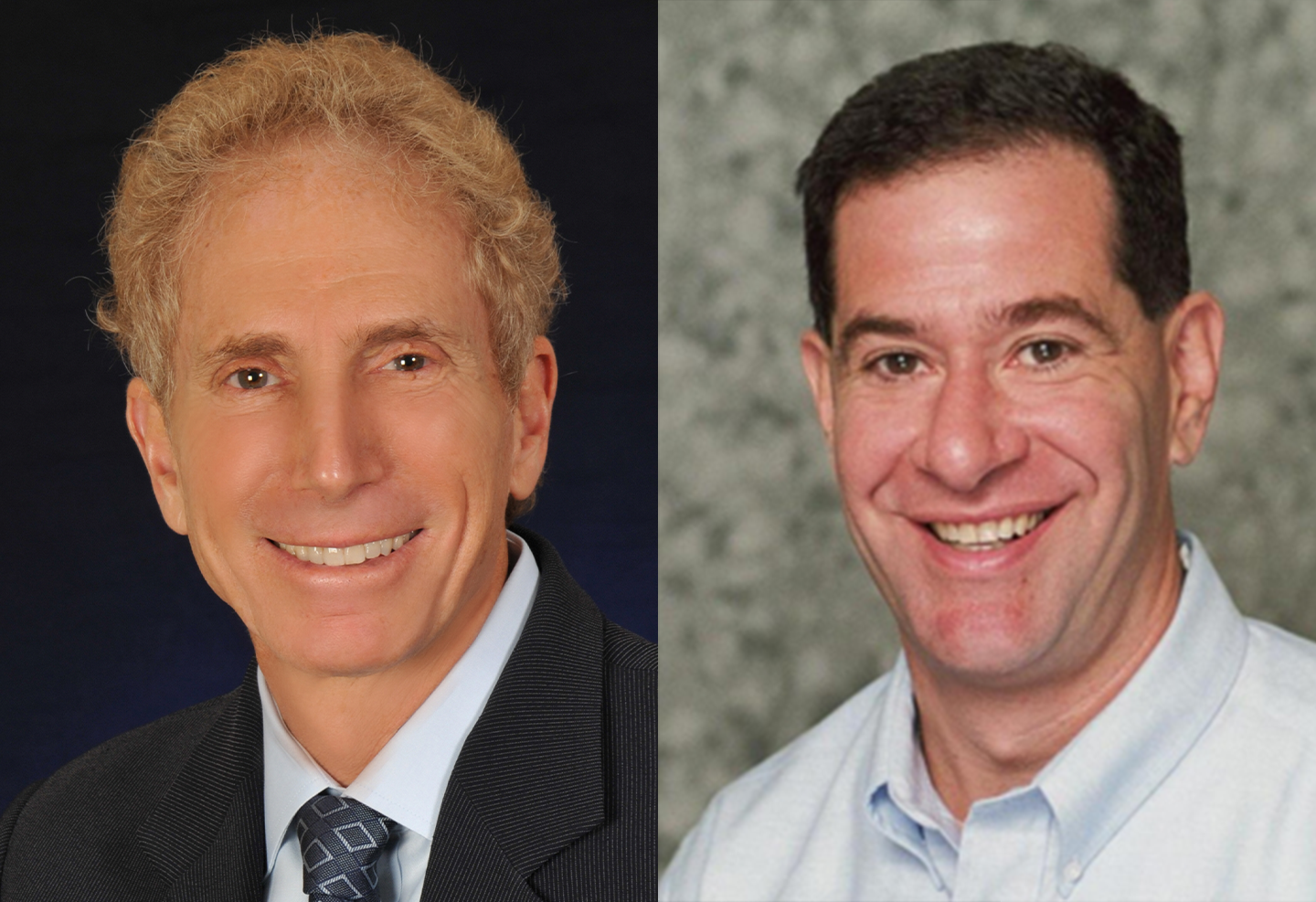Defending Free Speech, Privacy, and Innovation at the Intersection of Law and Technology
Categories

This semester, LLM professor of law James Grimmelmann, in addition to teaching Intellectual Property Law, is directing the Law Tech Speaker Series on campus. Cindy Cohn, Executive Director at the Electronic Frontier Foundation, was a recent guest speaker. Professor Grimmelmann spoke to her about her work with what may to be the country’s leading defender of online civil liberties. Cohn and her team at EFF have litigated cases involving NSA surveillance, malware-infested DRM, copyright trolls, hackable voting machines, takedown abuses, and much, much more.
JAMES GRIMMELMANN: You’re the Executive Director of the Electronic Frontier Foundation, which you’ve been working with since 1993. What does the EFF do and how did you decide that this was what you wanted to dedicate your career to?
CINDY COHN: The EFF is the world’s leading nonprofit dedicated to defending free speech, privacy, and innovation at the intersection of law and technology. We use three tools: advocacy, technology and law to try to make sure that when you go online, your rights go with you. We bring lawsuits to try to set the law in the right place, we build technologies that are aimed at encrypting the web and protecting your privacy and security when you go online, and we work to educate people about what’s really going on when they go online. [We] help people make their voices heard on issues that impact them in the digital world.
I knew that I wanted to help make the world a better place and that’s why I went to law school. But I kind of fell into digital issues. I met some early Internet folks in about 1990, before the creation of the World Wide Web, including EFF founder John Gilmore, and they were talking about how important this new global communications tool was going to be. I found it fascinating and exciting. So when John asked me around 1993 to handle one of the early Internet cases—Bernstein v. DOJ, which was about freeing encryption technology from governmental regulation—I said, “Yes!” That was so fun that I’ve been working in this area ever since I formally joined EFF in 2000.
JG: In the 1990s, you litigated Bernstein v. United States, which established that software can be speech protected by the First Amendment. Two decades later, how do you see those issues playing out?
CC: Sometimes it does feel like that movie Groundhog Day to me. We thought with the recognition that “code is speech,” and the application of it to the encryption regulations, that we had won the issue. But, apparently, the government didn’t [see it that way], and it was with great dismay that we realized, due to the Snowden revelations, that the government had continued to attack and undermine encryption and other security tools relied on by billions of people around the world. The attack on Google’s undersea lines connecting its servers was a big wake-up call—for us, for Google, and for many others.
But the First Amendment implications of regulating code have continued to be a mechanism for dissuading the government from wading into the development of free and open source tools. It wasn’t the core reason, but I think it was important in getting the government to back down in the Apple v. FBI case. But the doctrine is still in its infancy as a matter of judicial opinions, so we’ll see as it goes along.
JG: Sometimes you file briefs supporting technology companies, sometimes you sue them. How do you navigate your relationships with industry?
CC: We stand with them when they do the right thing by their customers and the public interest and we oppose them when they don’t.
In general, I find that technology companies get this and recognize that we’re straight shooters—they may not agree with us, but they understand that we cannot be bought and also that we’re not just haters who will oppose anything they do. Our position will be based on our evaluation of whether they are doing the right thing.
JG: The EFF may be scrappy, but it’s just one team of attorneys. How do you pick your battles?
CC: It’s an art rather than a science. We look for whether a situation will set precedent, whether we think that we can make a difference given our limited resources and whether it’s vital to the Internet as a whole or just to a few people. The hardest thing we do is to turn people down when they seek help but we do have a vibrant network of lawyers who we can refer people to. We try to get some help for everyone who comes to us, even if it’s not EFF representation.
JG: How do you find lawyers who can speak technobabble and technologists who can speak legalese and get them to work well together? What should someone who wants to make a difference in technology law do to be fluent in both?
CC: We’re lucky in that, often, they come to us. But it’s a process. We screen applicants very carefully for this—technologists get asked to explain IP addresses, for example, and write blog posts, lawyers get the same on issues where tech and law overlap. We also help our employees develop that skill over time and have many meetings and conversations with both lawyers and technologists in the room so that they talk things through directly. That role of translator is so important and we work hard to develop that skill in our staff.




